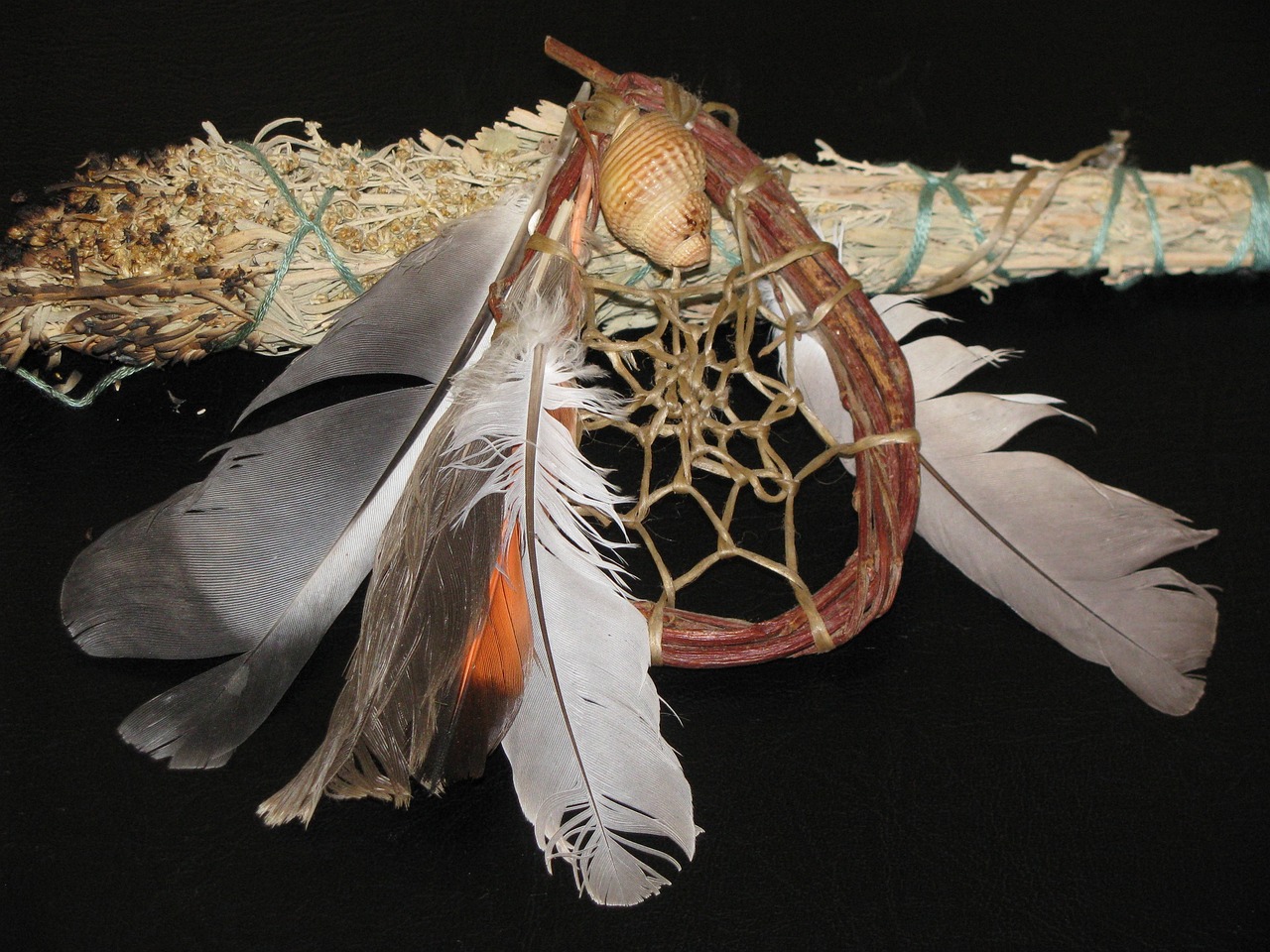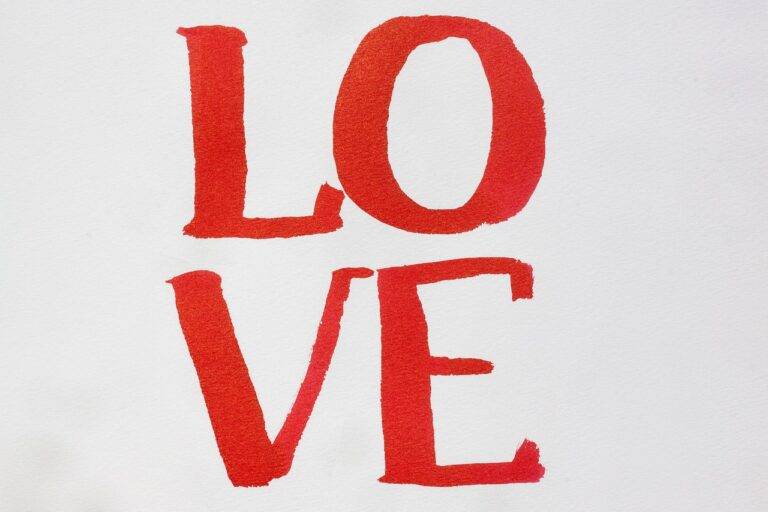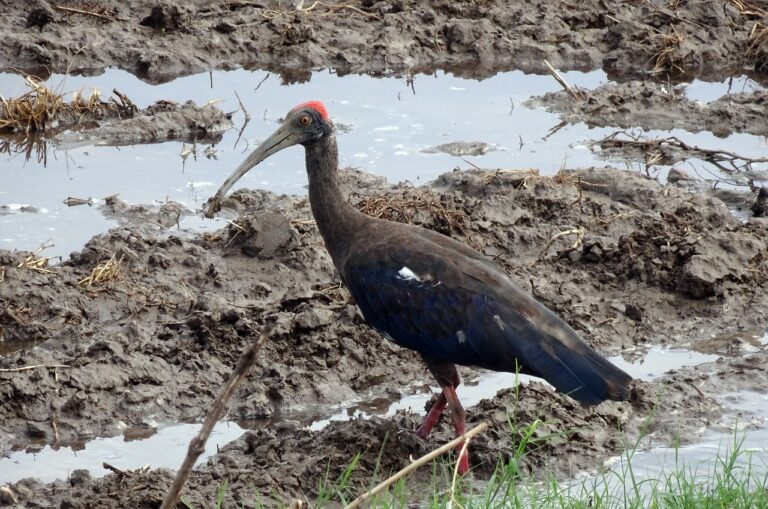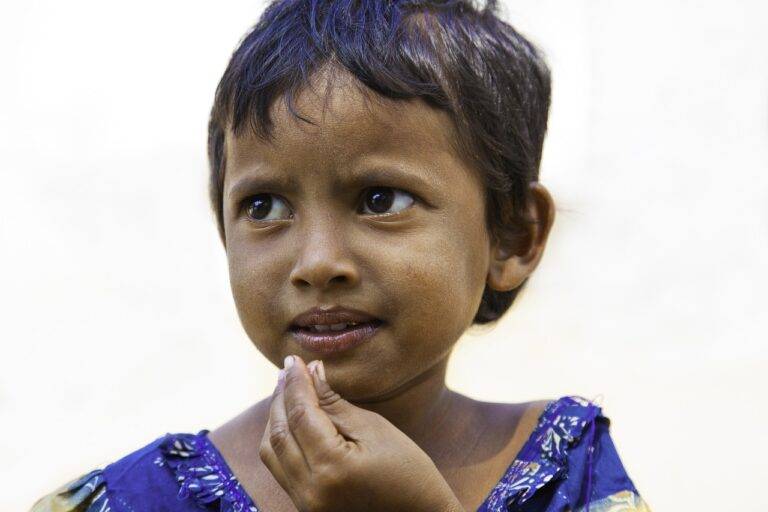Political Branding and the Use of Mascots: Animal, Cartoon, and Character Representation: 11xplay new id, India 24 bat, Skyinplay live login
11xplay new id, india 24 bat, skyinplay live login: Political Branding and the Use of Mascots
In the world of politics, branding plays a crucial role in shaping public perception and gaining voter support. One popular strategy that politicians use to make their campaigns more memorable is the use of mascots. These mascots can take many forms, including animals, cartoon characters, and other fictional personalities. In this article, we will explore the impact of political branding through the use of mascots.
The Power of Mascots in Political Branding
Mascots serve as a visual representation of a candidate or political party’s values, beliefs, and personality. They can help create a sense of unity among supporters and make a campaign more relatable to the general public. By associating a candidate with a recognizable mascot, politicians can strengthen their brand and increase their chances of winning over voters.
Animal Mascots in Politics
Animal mascots are a popular choice in political branding because they are easily recognizable and can evoke strong emotions in people. For example, the donkey and the elephant are symbols of the Democratic and Republican parties in the United States, respectively. These mascots have become iconic representations of the values and ideologies of each party.
Cartoon Characters in Political Branding
Cartoon characters are another common choice for political mascots. By using familiar cartoon personalities, politicians can appeal to a younger audience and create a sense of nostalgia among older voters. Cartoon mascots can also inject a sense of humor and playfulness into a campaign, making it more engaging and memorable.
Character Representation in Politics
In addition to animals and cartoon characters, politicians can also use fictional characters or celebrities as mascots for their campaigns. By associating themselves with well-known figures, politicians can leverage the existing popularity and appeal of these personalities to boost their own image and attract more supporters.
FAQs
Q: How do mascots affect political branding?
A: Mascots can help create a visual identity for a candidate or political party, making them more memorable and relatable to voters.
Q: Are there any risks associated with using mascots in political branding?
A: While mascots can be effective in garnering support, they also run the risk of being perceived as gimmicky or insincere if not used thoughtfully.
Q: What should politicians consider when choosing a mascot for their campaign?
A: Politicians should consider their target audience, campaign messaging, and overall image when selecting a mascot to ensure it aligns with their brand and resonates with voters.
In conclusion, the use of mascots in political branding can be a powerful tool for capturing the attention and support of voters. Whether in the form of animals, cartoon characters, or other fictional personalities, mascots can help politicians create a strong visual identity and connect with their audience on a more emotional level. By carefully selecting and leveraging a mascot, politicians can enhance their brand and improve their chances of success in an increasingly competitive political landscape.







